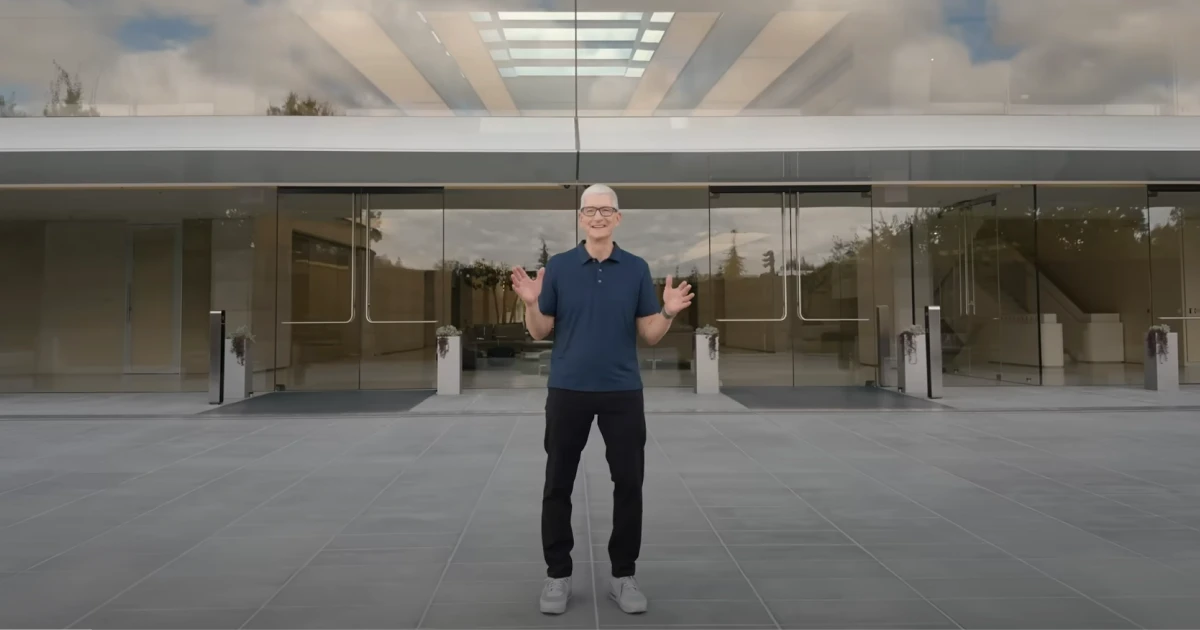These new Spotify changes are focused on limiting access for some developers who are presumed to use the streaming platform API incorrectly. The features that Spotify is restricting access to, are considered to disclose insights about the listening habits of the users, like artists and songs that are popular among listener groups. This valuable information could potentially be used in order to develop a rival AI-powered music recommendation model, similar to the one provided by Spotify.
It’s important to mention that besides the artists and song recommendations feature, the developers will also lose access to the Audio analysis from the Spotify Music app, which has the capability to describe the track structure or rhythm. Even more so, the music app will stop the availability of Audio Features that are focused on providing various characteristics from a song such as energy and its acoustic, along with the developer's access to use the created playlists based on algorithms.
In response, the users have not been so pleased about these changes, in the Spotify Community forum, many people expressed their anger about the recent Spotify plans.
“With the advent of transformer models, there’s probably a risk of people training new models to emulate Spotify’s model(s). I really hope that’s not the reason they’re taking it down but if it is I’m just disappointed.”, as a developer from the Spotify forum stated.
“Let’s be real here, this isn’t about security or user privacy, this is about data being used for training AI models,”, stated another developer of the forum.
However, these changes will have an impact only on developers with more restricted Spotify API access compared to the official Spotify partners. Those developers who initially requested an extension will still have access to all the Spotify API parameters.














